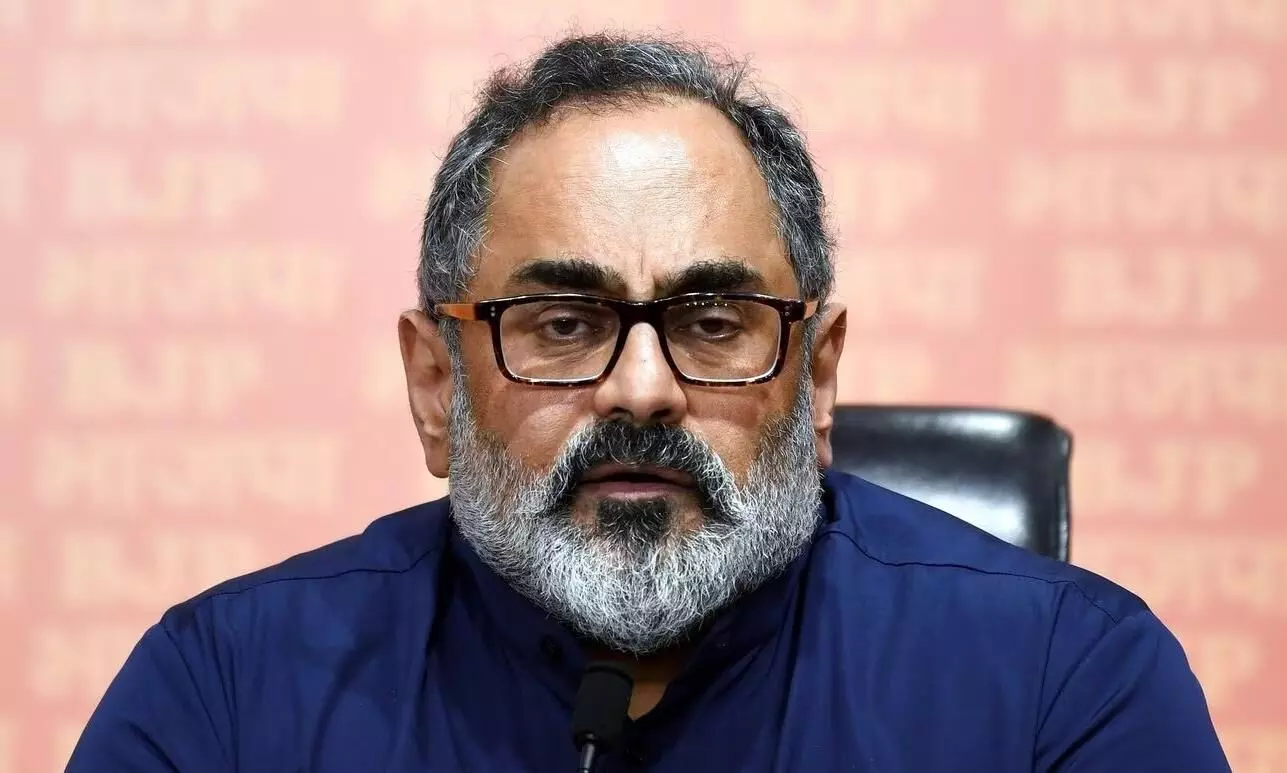
Digital India Act may not be implemented before 2024 elections, states centre
text_fieldsNew Delhi: Rajeev Chandrasekhar, the Minister of State for Electronics and Information Technology, revealed that the government might not be able to enact the Digital India Act before the upcoming general election due to constraints in extensive consultations required for the legislation.
Speaking at the Global Technology Summit 2023, Chandrasekhar highlighted the timeline challenges for the Digital India Act but mentioned the forthcoming release of rules for the Digital Personal Data Protection Act.
While the rules for the Digital Personal Data Protection Act are anticipated to be released for consultation later this month, Chandrasekhar expressed doubts regarding the Digital India Act's timely legislation due to the Prime Minister's insistence on comprehensive consultations for all digital legislation.
Chandrasekhar emphasised the necessity of an updated legislative framework, citing the outdatedness of the existing IT Act of 2000, which doesn't even include the term "internet." He mentioned that the Digital India Act, intended as a successor, is still in progress, with a drafted proposal that includes a significant focus on online aspects.
The proposed Digital India Act aims to address various aspects of the digital realm, intending to regulate internet dominance, ensure online safety, mitigate user harm, and supervise emerging technologies. Key provisions in the proposed Act encompass regulations targeting addictive technologies, discretionary moderation of misinformation by social media platforms, and defining and managing emerging tech.
Additionally, the Digital India Act proposes strict regulations for privacy-invasive devices, including spy camera glasses and wearable tech. These regulations are set to incorporate Know Your Customer (KYC) norms for retail sales and will be backed by criminal law sanctions.























